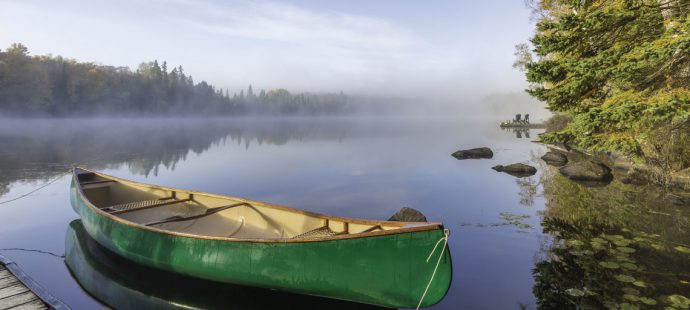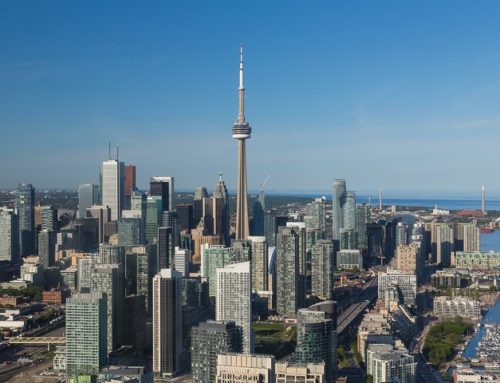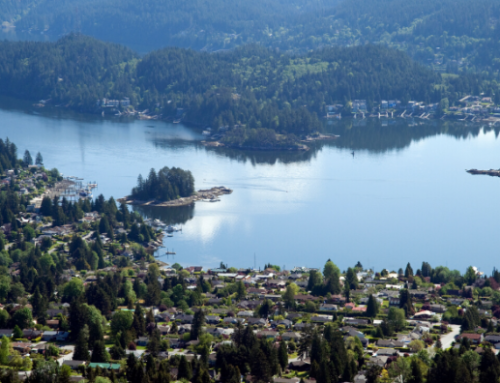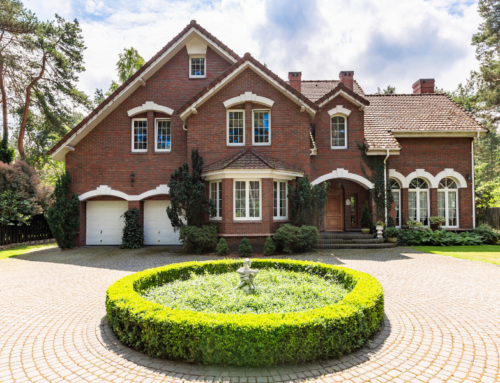Over half of regions surveyed report an increase in buyers planning to rent out their recreational property
- Growing popularity of user-driven vacation rental websites is making it easier for owners to finance recreational properties
- Baby Boomers are fueling demand: 53 per cent of regions surveyed report an increase in retiree or near-retirement buyers compared to last year
- The low dollar is prompting Canadians to sell their U.S. property and reinvest in Canadian recreational regions, and is attracting Americans to the Canadian market
- Quiet and privacy rated as features important to most Canadians in a cottage or cabin – beating out beaches and water access
Toronto, Kelowna, and Laval, June 15, 2016// As real estate prices rise, many Canadians are looking for alternative ways to finance their dreams of cottage and cabin ownership. In a recent survey of RE/MAX agents and brokers, more than half reported seeing an increase in buyers who planned to rent out their property full- or part-time. In a separate survey of Canadians, conducted by Leger, nearly 60 per cent agreed that due to the emergence of popular, user-driven vacation rental websites, it is easier for an owner to rent out an investment property today versus five years ago. The same survey found that millennials are most likely to have spent time at a cottage or cabin in the last year.
“Young Canadians are sustaining demand for access to recreational properties,” said Pamela Alexander, CEO and Regional Owner, North America, RE/MAX INTEGRA. “This provides an opportunity for buyers to finance their second homes, and we are seeing this most notably in high demand areas such as Grand Bend, Ontario, Tofino, B.C., and Quebec’s Eastern Townships.”
In most of the regions that reported an increase in buyers planning to rent out their properties, demand is driven primarily by families and retirees, rather than investors. Retirees were reported as being key drivers of demand in 83 per cent of regions surveyed, and 53 per cent of regions reported an increase in retiree buyers this year compared to last year.
“As the large demographic of Baby Boomers retires, we are seeing sellers who benefitted from significant price appreciation in cities like Vancouver and Toronto putting that equity into recreational markets, which is causing prices to increase in those regions,” said Elton Ash, Regional Executive Vice President, RE/MAX of Western Canada. “Some buyers who may still be five or 10 years away from retirement are taking the opportunity to enter those markets now, renting out their property until they are ready to retire.”
This effect has been especially pronounced in British Columbia, where significant price increases in the Lower Mainland are encouraging buyers to invest in regions such as the Okanagan and the Gulf Islands.
Low dollar boosting Canadian recreational regions
The low Canadian dollar is having a positive effect on Canada’s recreational property markets. Canadians, mainly Baby Boomers, who bought properties in the U.S. when U.S. real estate prices were comparably low are selling them at a profit and investing in Canadian recreational markets. The low dollar is also encouraging Canadians to vacation within the country rather than going abroad, putting their money into vacation rentals closer to home.
Some regions, particularly established recreational destinations with international reputations such as Whistler, the Muskokas and Mont Tremblant, are seeing foreign buyers, primarily from the U.S., return to those markets. Cape Breton Island, which recently made international news when a website “Cape Breton If Donald Trump Wins” gained the attention of high-profile news media, has seen increased interest from prospective U.S. buyers this year due to the publicity boost, combined with favourable exchange rates.
Canadians looking for a little peace and quiet
In a survey of Canadians, 94 per cent said that when thinking about spending a weekend at a cottage or cabin, a quiet atmosphere was rated as an important feature, followed closely by privacy (91%). Peace and quiet ranked above sandy beaches (75%), access to water (75%) and outdoor activities (74%). This was true for Canadians in all age groups and across all regions.
When considering purchasing a recreational property, it is important for buyers to take into account their personal priorities and preferences, as well as factors such as location, traffic and amenities. For example, buyers who value quiet and privacy over water access may find a short walk or drive to the beach is a better option than a waterfront property. An experienced real estate agent with local expertise can help prospective buyers know all the options within their budget and make an informed choice.
For the full 2016 RE/MAX Recreational Property Report including data and pricing chart, click here: [link]
2015/2016 and 2014/2015 Median Prices (Large Markets)
| Region | Housing Type | 2014/2015 Median Price | 2015/2016 Median Price | Year-over-year (%) |
| Ucluelet | Non-waterfront | $300,000 | $350,000 | 16.67% |
| Squamish | Non-waterfront | $415,000 | $499,000 | 20.24% |
| Whistler | Non-waterfront | $550,000 | $440,000 | -20.00%* |
| Whistler | Ski-in | $398,000 | $375,000 | -5.78%* |
| 100 Mile House | Waterfront | $295,000 | $345,000 | 16.95% |
| 100 Mile House | Non-waterfront | $195,000 | $216,000 | 10.77% |
| South Okanagan | Waterfront | $345,000 | $382,283 | 10.81% |
| South Okanagan | Non-waterfront | $409,000 | $426,000 | 4.16% |
| Canmore | Non-waterfront | $511,000 | $533,090 | 4.32% |
| Qu’Appelle Valley | Non-waterfront | $209,000 | $211,000 | 0.96% |
| Parry Sound and Georgian Bay | Waterfront | $380,000 | $400,000 | 5.26% |
| Parry Sound and Georgian Bay | Non-waterfront | $230,000 | $260,000 | 13.04% |
| Grand Bend area | Non-waterfront | $247,000 | $375,000 | 51.82% |
| Collingwood | Waterfront | $552,500 | $575,000 | 4.07% |
| Orillia | Waterfront | $350,000 | $365,000 | 4.29% |
| Orillia | Non-waterfront | $260,000 | $280,000 | 7.69% |
| Peterborough and Kawarthas (East) | Waterfront | $352,500 | $385,000 | 9.22% |
| Prince Edward Island | Waterfront | $206,357 | $199,832 | -3.16% |
*Median price decrease in Whistler attributed to increased sales of shared ownership properties. Average price for all property types in Whistler increased.
Key Findings from 2016 RE/MAX Recreational Property Report Omnibus Survey
- 81% of Canadians have spent time at a cottage or cabin
- BC: 78%
- Alberta: 70%
- Manitoba/Saskatchewan: 88%
- Ontario: 86%
- Quebec: 74%
- Atlantic: 89%
- Millennials (18-34) are most likely to have spent time at a cottage or cabin in the past year, compared with Canadians in other age groups
- 58% of Canadians agree that online vacation rental services have made it easier to rent out an investment property versus five years ago
- More than half of Canadians agree that a recreational property is a good financial investment
- Features and amenities rated most important when thinking of a weekend at a cottage or cabin:
- Canadians:
- Quiet atmosphere: 94%
- Privacy: 91%
- Sandy beaches: 75%
- Water access: 75%
- British Columbians:
- Privacy: 89%
- Quiet atmosphere: 88%
- Sandy beaches: 75%
- Outdoor activities: 75%
- Albertans:
- Quiet atmosphere: 96%
- Privacy: 94%
- Sandy beaches: 81%
- Outdoor activities: 77%
- Manitobans/Saskatchewanians:
- Quiet atmosphere: 91%
- Privacy: 87%
- Swimming: 82%
- Sandy beaches: 81%
- Ontarians:
- Quiet atmosphere: 93%
- Privacy: 92%
- Swimming: 80%
- Sandy beaches: 79%
- Quebecers:
- Quiet atmosphere: 97%
- Privacy: 91%
- Water access: 77%
- Sandy beaches: 68%
- Atlantic Canadians:
- Quiet atmosphere: 97%
- Privacy: 89%
- Outdoor activities: 76%
- Sandy beaches: 64%









